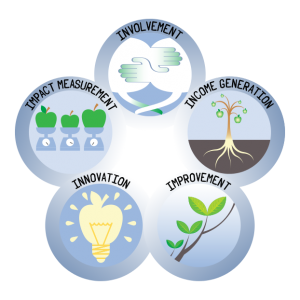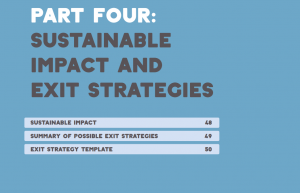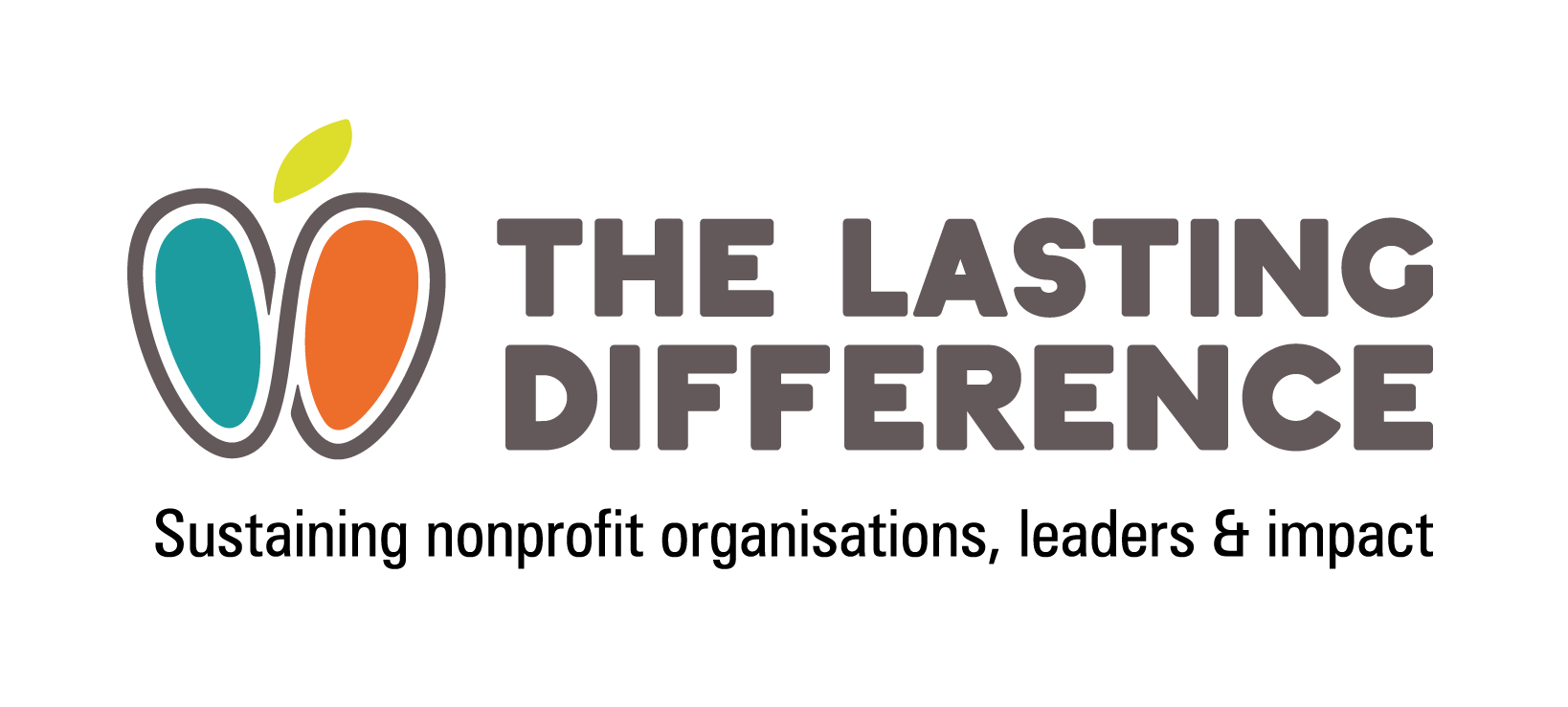Case study: Sustainable mental health for all
The pandemic has had a negative impact on the mental health of people all over the country. But people who already experience inequality have been far more adversely affected.
That’s why Mental Health Foundation have invested in a Covid Response Programme, delivering targeted support for lone parents, refugees, people from Black and minority ethnic communities, and people living with long term health conditions.
“We have all had to weather the COVID-19 storm, but not all of us have been in the same boat…Studies including MHF’s Mental Health Impacts of the COVID-19 Pandemic in Scotland on Vulnerable Groups, have shown that inequalities experienced by these groups have been exacerbated by the pandemic.”
The Mental Health Foundation is investing at least £2 million over two years to support people and communities across the UK whose mental health has been most impacted. It is contributing at least £1 million, which will be matched by other investors and delivery partners, to run programmes and interventions that support people to live mentally healthy lives.
The Covid Response Programme is not grant giving as such. Nevertheless, it follows good principles of sustainable funding:
- Inefficient, ineffective tendering is not involved. Partners are selected based on their expertise and experience of evidence-based practice.
- Different approaches and target groups are developed in response to different local needs, supported and evaluated with a comprehensive theory of change.
- Support is being provided to build partners’ capacity and sustain impact beyond the life of the programme.
My reflections:
When I first heard about the Covid Response Programme I was impressed by everything about it. It is being designed and run as an evidence based, outcome focused, capacity building programme with sustainability at the core.
With my background in mental health I was really thrilled to be involved, adapting core Lasting Difference workshops to match the programme’s ethos: tailored and responsive, with a strong element of peer support. The aim was to inform partners’ ability to sustain their services, learning and impact beyond the life of the programme.
After an introductory session on the core principles of sustainable charities, participants worked through the Lasting Difference toolkit and completed the self-assessment.
 A second session then gave people space to explore what the Five Capabilities mean for them in practice, before developing sustainability action plans in session three.
A second session then gave people space to explore what the Five Capabilities mean for them in practice, before developing sustainability action plans in session three.
As usual, the Exit Strategy part of the toolkit comes into its own in programmes like this. Each partner always has a different priority or approach for sustaining their project, impact or organisation – or indeed for planning an exit based on sustaining learning.

In this case, sustainability is a key element to the whole programme at two levels:
- Sustaining partner projects and their increased ability to support mental health.
- Learning about the effectiveness of this model of support and capacity building.
I am full of admiration for Mental Health Foundation and the way the programme will have a multiplier effect on the charity’s own capacity and impact. You can do the same by using our guide to sustainable impact and capacity.
The best way to sustain something is to share it.
By sharing ‘ownership’ of mental health with charities who know their own communities best,
the Mental Health Foundation are ensuring that
when future storms come, we can all weather them in better boats.
Further reading:
Christie, G. and Baillot, H. (2021) The impact of COVID-19 on refugees and refugee-assisting organisations in Scotland. Glasgow.
Lessard-Phillips, L. et al. (2020) Barriers to Wellbeing: Migration and vulnerability during the pandemic. London.
Mental Health Impacts of the COVID-19 Pandemic in Scotland on Vulnerable Groups (PDF)
